For those living in urban areas or with limited outdoor space, the idea of growing their own vegetables may seem out of reach. However, container vegetable gardening offers a compact and versatile solution to this problem. In this article, we will explore the history, benefits for small spaces, why, how, pros, and cons of container vegetable gardens, as well as how to create an organic version of this innovative gardening method.
The History of Container Vegetable Gardens
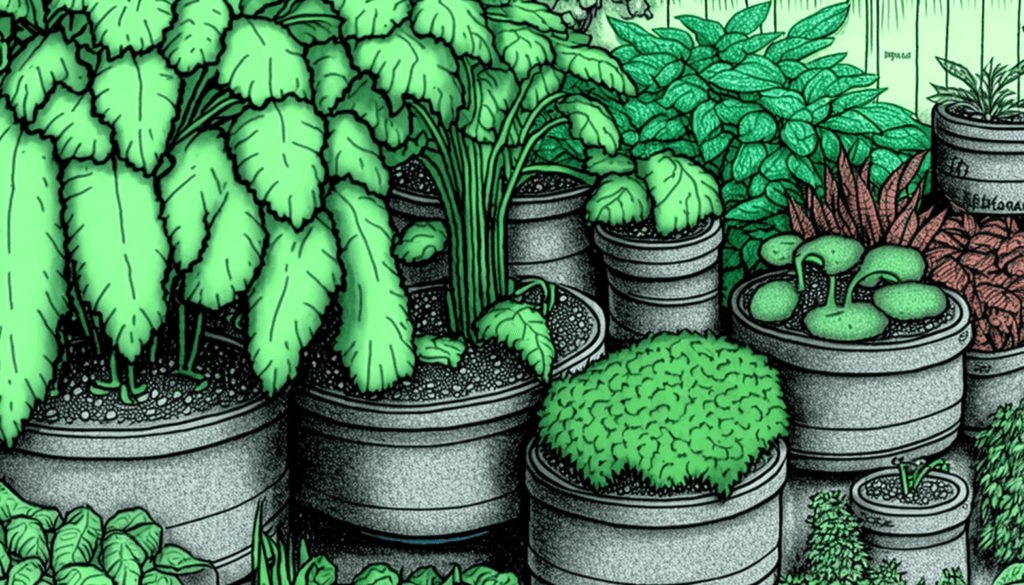
Container gardening has been around for centuries, with evidence of container-grown plants dating back to ancient civilizations like the Greeks and Romans. However, the modern era of container gardening began in the 1940s, when soldiers returning from war brought the concept of Victory Gardens back to the United States. These gardens, which were planted in containers, helped to feed millions of people during a time of food scarcity.
Today, container gardening has become increasingly popular as more people seek to grow their own vegetables in urban or small-space environments. With a wide variety of containers and planting methods available, container gardening offers a versatile and customizable way to grow your own food.
The Benefits of Container Vegetable Gardens for Small Spaces
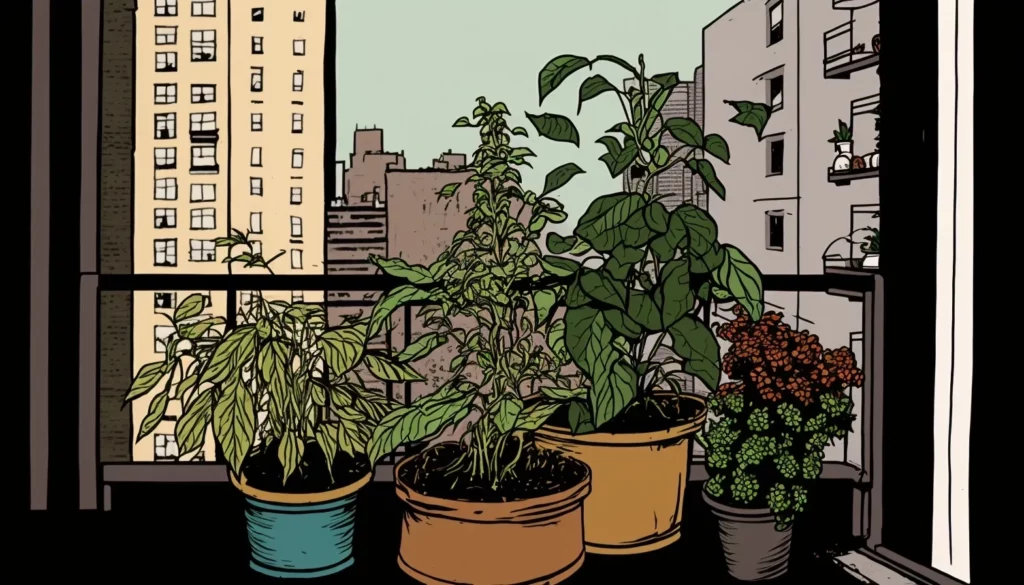
One of the main benefits of container vegetable gardens is their versatility and flexibility. Because they can be moved and rearranged easily, container gardens can be customized to fit any space, whether it’s a balcony, patio, or small yard. This makes them a great option for those living in urban areas or with limited outdoor space.
Another benefit of container gardens is that they can be used to grow a wide variety of crops, from herbs and salad greens to tomatoes and peppers. This can help you save money on groceries and provide you with fresh, healthy produce right outside your door.
More Benefits of Container Vegetable Gardens
Container vegetable gardens offer many of the same benefits as traditional gardens, including the ability to grow your own food and reduce your carbon footprint. However, they also offer some unique advantages, such as the ability to grow crops in challenging environments, like small balconies or shaded areas.
Additionally, container gardens can be a great way to introduce children or beginners to the joys of gardening. With a small, manageable space and easy-to-care-for plants, container gardens can be a fun and rewarding way to learn about plant growth and care.
How to Build Your Own Container Vegetable Garden
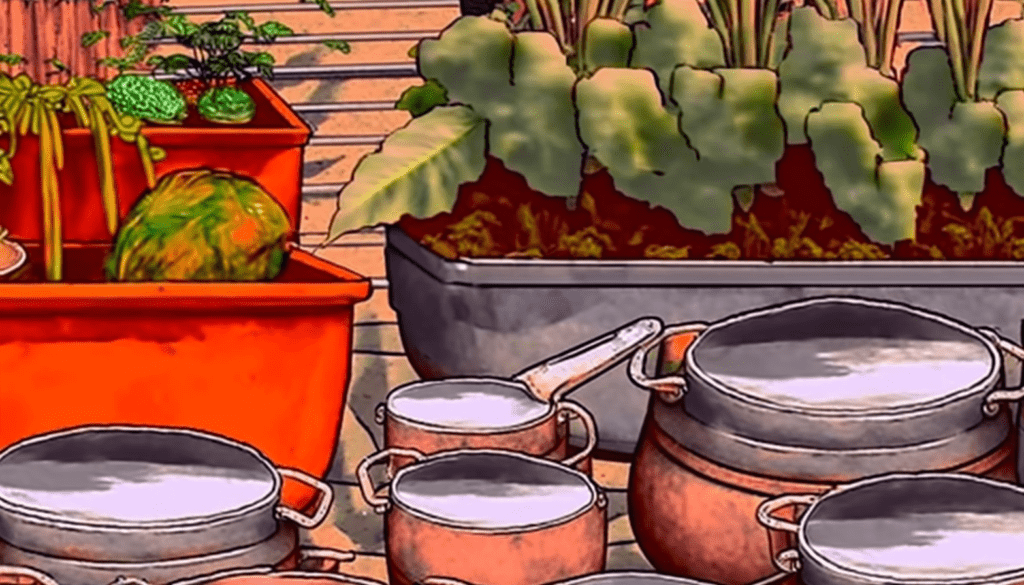
Building your own container vegetable garden is a simple and straightforward process. First, choose a container that is appropriate for the size and type of plants you want to grow. This can include anything from traditional pots to repurposed items like buckets or old shoes.
Next, fill your container with soil and compost, and plant your seeds or seedlings. Make sure to water regularly and provide adequate sunlight and nutrients for your plants.
To maximize the yield of your container garden, consider using companion planting or other planting strategies to maximize space and yield. Additionally, consider using organic pest control methods, such as natural predators or organic pesticides, to avoid the use of harmful chemicals.
The Pros and Cons of Container Vegetable Gardens
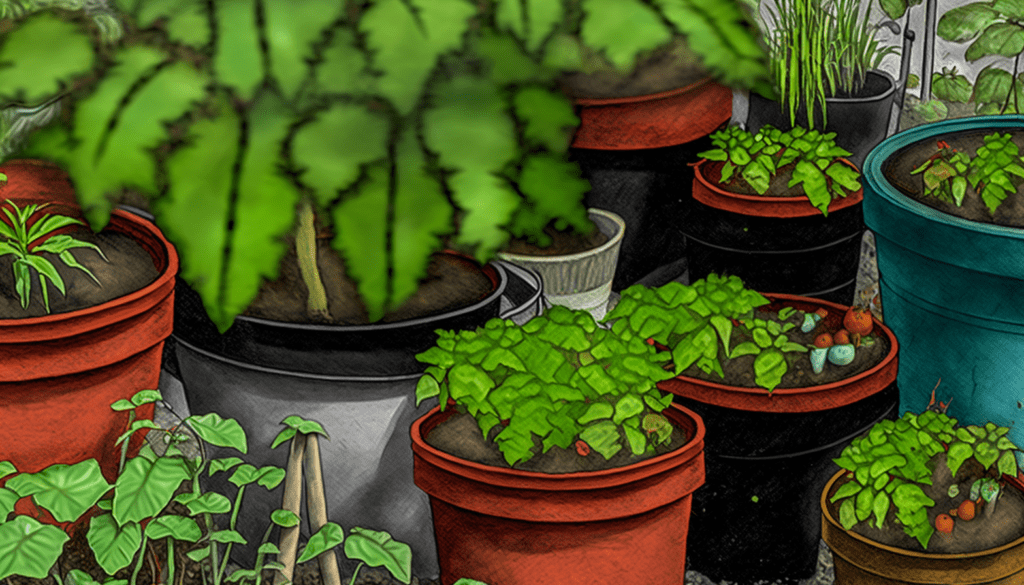
Like any gardening method, container vegetable gardens have both pros and cons. On the one hand, they offer a versatile and customizable way to grow your own food in small or challenging spaces. Container gardens also require less initial investment than traditional gardens and can be a great option for beginners or those with limited time or space.
However, container vegetable gardens can be more susceptible to issues like overwatering or soil compaction, which can harm your plants. Additionally, because they are in containers, container gardens can dry out more quickly than traditional gardens, requiring more frequent watering.
Organic Home Container Vegetable Gardens
Many people who grow their own vegetables in containers choose to do so using organic gardening methods. Organic gardening is a way of growing crops without the use of synthetic pesticides or fertilizers, instead relying on natural methods to protect and nourish the plants. This can include using compost or other organic matter to enrich the soil, planting beneficial companion crops, and using natural predators to control pests.
How to create an Organic Container Garden
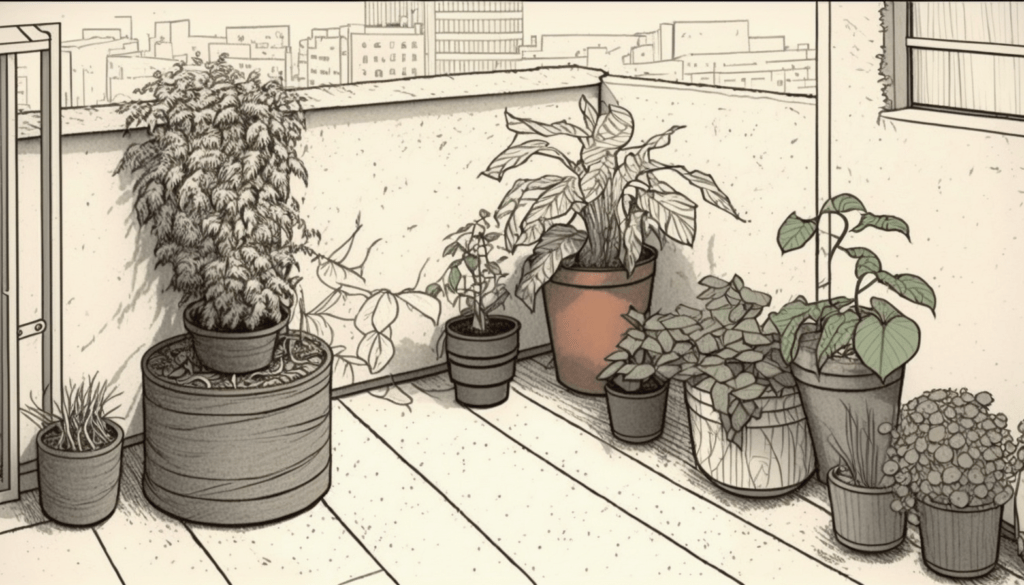
To create an organic container vegetable garden, start by choosing a container made of natural materials like terra cotta or wood. These materials will allow for better air circulation and drainage than plastic containers, which can trap moisture and lead to root rot. Next, fill your container with organic soil and compost, and plant your seeds or seedlings.
Benefits to Organic Container Gardens
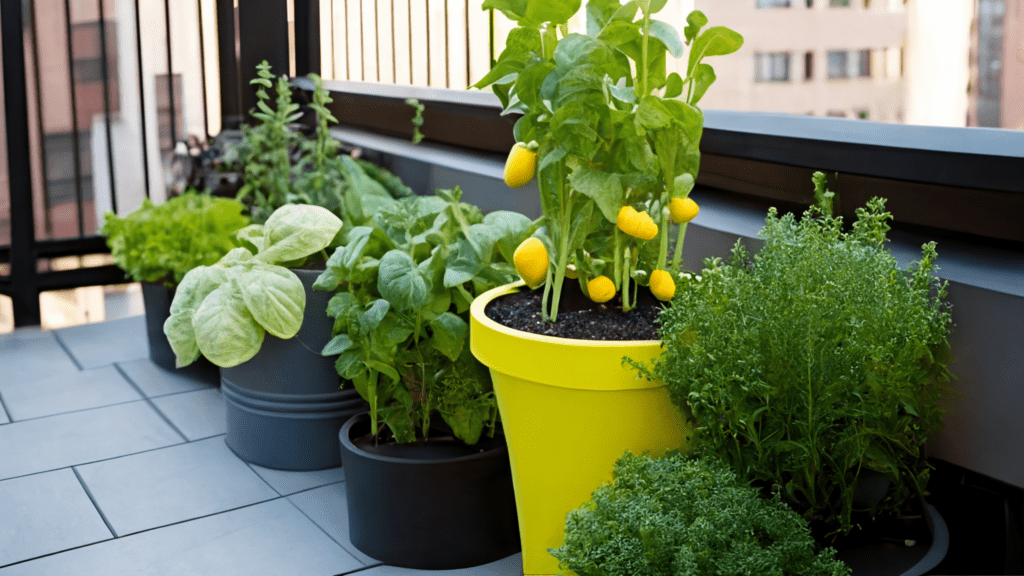
One of the benefits of organic container gardening is that it can help improve the health of the soil and the plants that grow in it. By avoiding the use of synthetic chemicals, you can create a thriving ecosystem in your container garden that supports beneficial insects and microorganisms. Additionally, by using organic methods, you can reduce your impact on the environment and promote a more sustainable way of living.
However, there are also some downsides to organic gardening. Because organic pest control methods can be less effective than synthetic chemicals, you may experience more pest damage or lower yields. Additionally, organic gardening can be more labor-intensive than conventional methods, requiring more time and effort to maintain the health of your plants.
Container vegetable gardens offer a versatile and customizable way to grow your own food in small or challenging spaces. Whether you live in an apartment with a small balcony or have limited outdoor space, container gardens can be a great option for growing fresh and healthy produce. By using companion planting, maximizing space, and incorporating organic gardening methods, you can create a thriving container garden that provides a bountiful harvest all season long. And by choosing to grow your crops organically, you can further reduce your impact on the environment and promote a more sustainable way of living. So why not give container vegetable gardening a try and discover the joys of growing your own food?


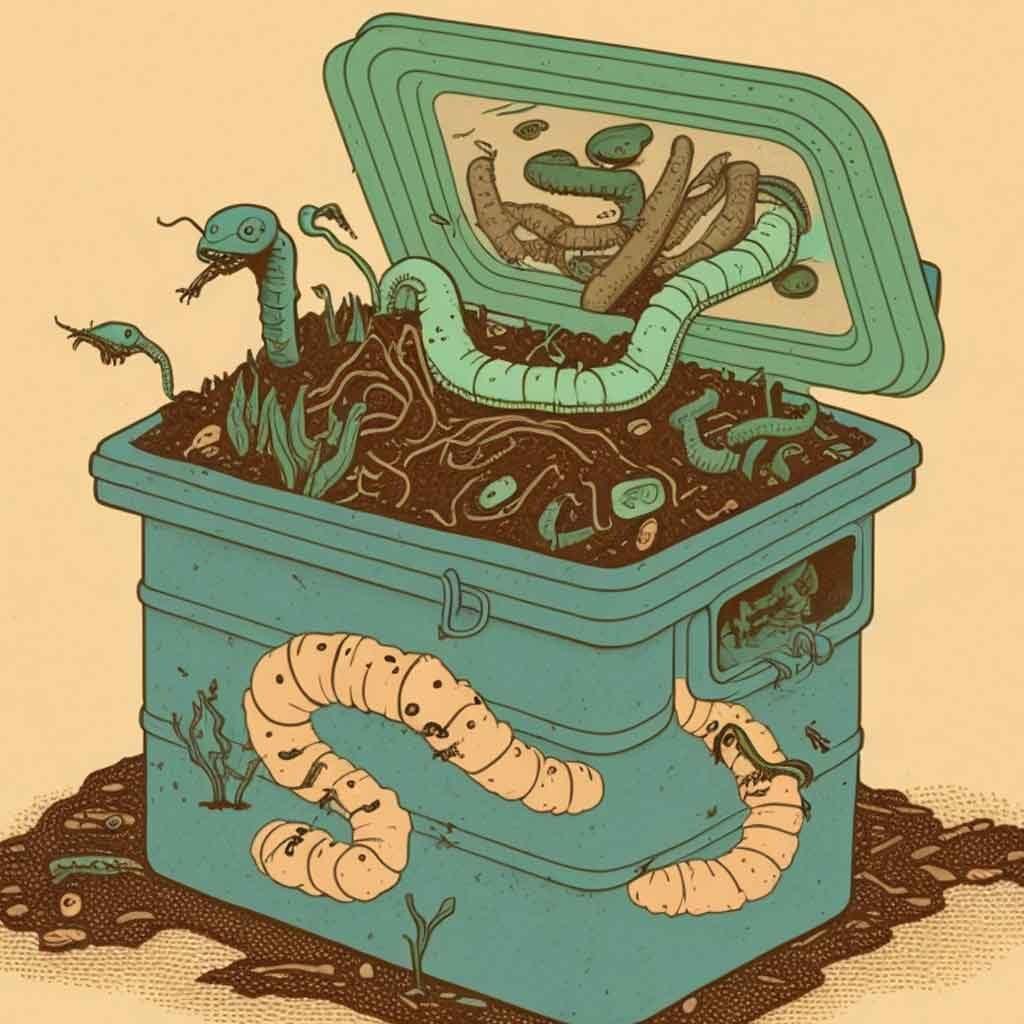

Leave a Reply